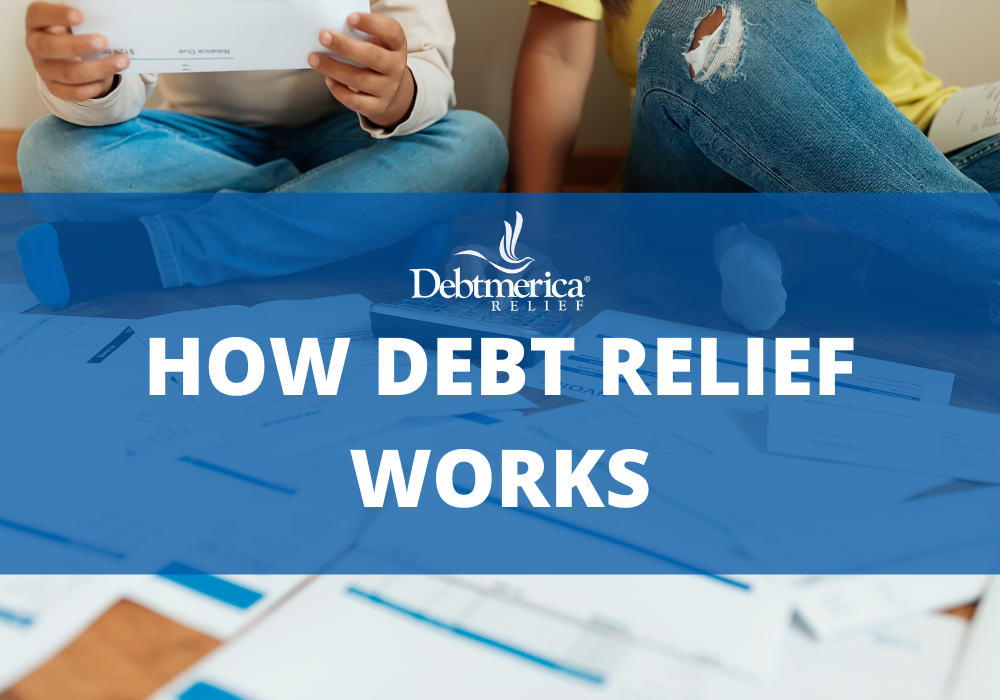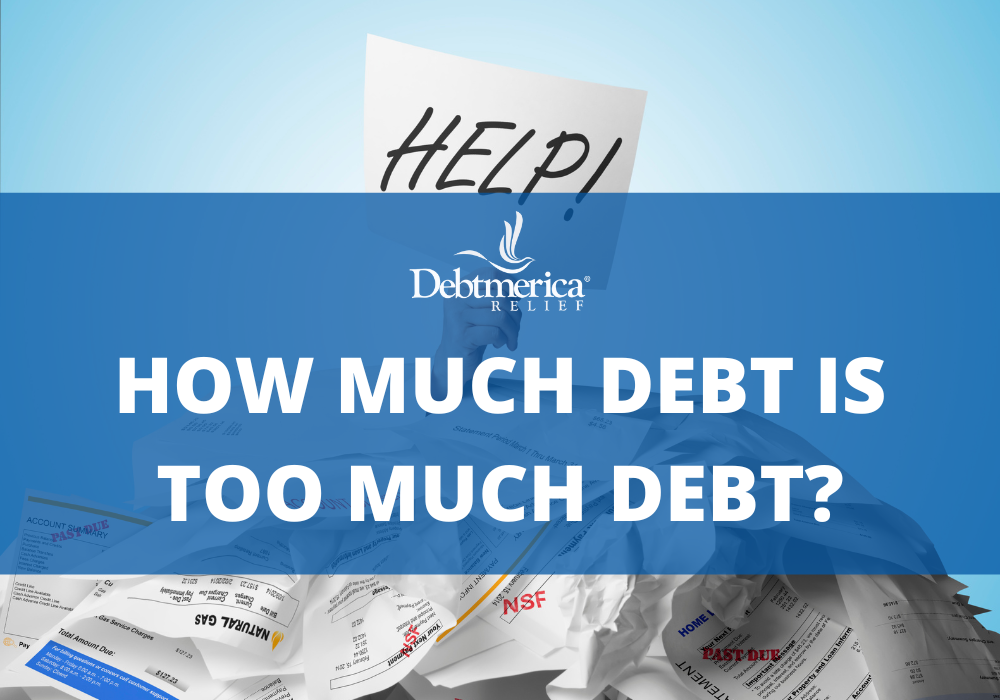What You Need to Know About Joint Debt

You can obtain joint debt in several ways. The most obvious way is when you get married and begin to share finances, including a mortgage, auto loan, credit cards, and more. However, there are less obvious ways to obtain joint debt. Perhaps you applied for a credit card with your child to help them build their credit score. Maybe you co-signed an installment plan for a good friend. In this article, we will break down joint debt and who is responsible for it.
What is Joint Debt?
Joint debt is debt that you and another person(s) become responsible for after entering into a financial agreement to obtain the debt. When it comes to joint debt, there is no “my half” or “your half.” Both you and the other person are responsible for the full amount of debt. This means that if you have a verbal agreement to each pay half of the debt, but the other person suddenly cannot afford to pay, you are still responsible for the debt. This also means that in the case of credit cards, you are responsible for the balance owed, even if you do not contribute to making purchases on the card. Joint debt usually arises from mortgages, credit cards, loans, and lines of credit.
On the positive side, joint debt allows two or more people to combine their resources, like income, assets, and credit scores, to obtain greater amount of credit. Doing so allows for larger purchases to be made. For example, you may not qualify on your own to purchase a home, but an additional income and credit score might be able to help you qualify. Joint debt can also help get someone’s credit history started or even repaired in some cases. For example, if you have a good friend who does not have the best credit and therefore does not qualify for many loans, your co-signing can not only help them qualify, but it can also give them an opportunity to repair their credit by paying off the debt.
When Am I Responsible for Joint Debt?
If you enter a joint financial contract with a friend, family member or partner, you are fully responsible for the joint debt that arises from the contract. Let’s look at a few special scenarios that still make you responsible for joint debt.
Am I Responsible for Joint Debt After a Divorce?
If you and your partner divorce, you are both still legally responsible for any joint debts you have. For example, if you co-signed an auto loan for a vehicle that your partner drove during your marriage, you are still responsible for the balance owed. The specific rules surrounding debt and divorce or separation vary by state, so you should check your state laws for accurate information. For example, 41 states currently have equitable division of debt, meaning that the spouse with higher income is typically awarded more assets and may also be assigned more of the joint debt. The other nine states follow community property law, which means that assets and debts are typically divided 50-50.
Am I Responsible for Joint Debt After a Bankruptcy?
A bankruptcy filing only addresses the liabilities of the person who filed. For example, if a person files for bankruptcy without their spouse, only the spouse who filed for bankruptcy will have their debts discharged. This means that the non-filing spouse would still owe the joint debt. Married couples can file a joint bankruptcy, but it is common for just one spouse to file to wipe out certain debts while maintaining the credit and assets that belong to the other spouse.
Am I Responsible for Joint Debt After a Death?
In general, a surviving spouse is not responsible for the deceased spouse’s individual debt. However, if the debt was shared, or if you live in a community property state, you may be responsible for your spouse’s debt after their death. The law varies within each community property state. It’s also important to note that if you signed, or co-signed, any medical authorizations or hospital admission forms, you may be responsible for medical bills your spouse incurred before death. It’s not uncommon for a surviving spouse to be targeted by creditors seeking payment for your spouse’s debt, so it’s important to know which debts you are legally responsible for.
Should I Have Joint Debt?
If you live in one of the community property states, having joint debt is almost inevitable. These states include:
- Arizona
- California
- Idaho
- Louisiana
- Nevada
- New Mexico
- Texas
- Washington
This means anything earned, owned, or owed during marriage is community property, or property that belongs to both you and your spouse equally. Anything earned, owned, or owed before marriage or after separation is separate property. This also includes anything bought or earned with separate property. For example, if you had a car before marriage, and sold the car to buy another car with just the sale money, the new car would be separate property. Additionally, any gifts and inheritances earned before or during marriage, or after separation is separate property. The rules around joint debt can be extremely complex and speaking to an attorney can be the best way to understand what debt you are responsible for, and what you are not. If you find that you are responsible for joint debt, Debtmerica Relief can help. Give us a call at 800-470-8155 for a free consultation.



